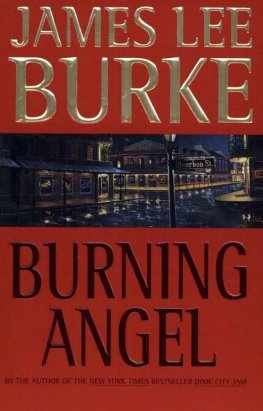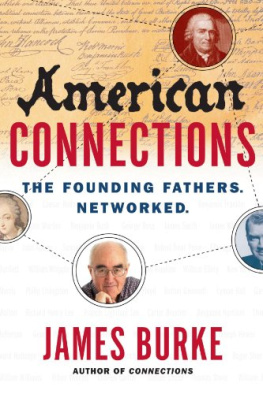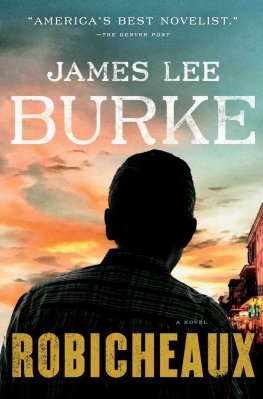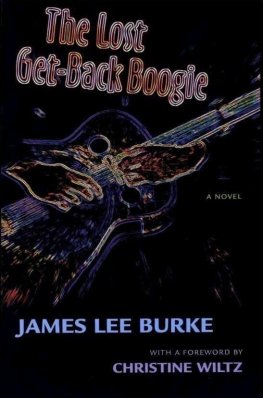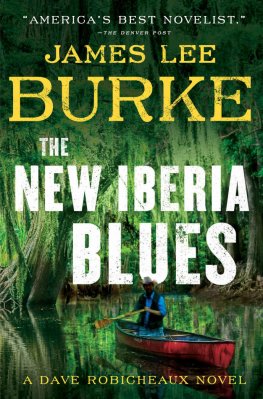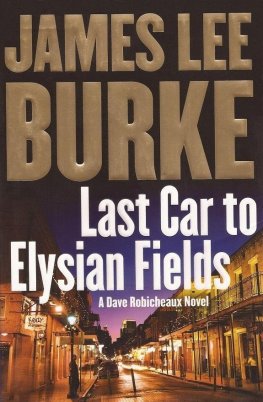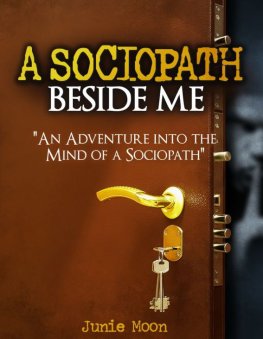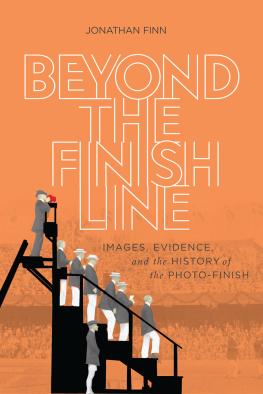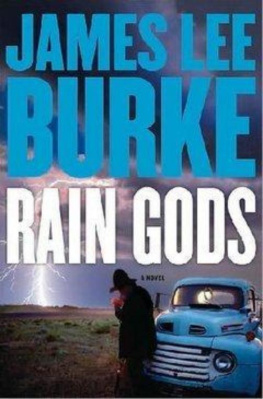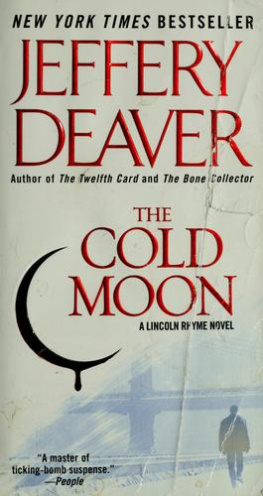
James Lee Burke
The Tin Roof Blowdown
Book 16 in the Robicheaux series
MY THANKS TO GLEN PITRE for his personal account about brown recluse spiders and for his account involving the desperation of the people trying to escape the storm on Highway 23.
Before the mountains were settled,
Before the hills, I was brought forth;
While as yet He had not made the earth or the fields,
Or the primal dust of the world.
When He prepared the heavens, I was there,
When He drew a circle on the face of the deep,
When He established the clouds above,
When He strengthened the fountains of the deep,
When He assigned to the sea its limit,
So that the waters would not transgress His command,
When He marked out the foundations of the earth,
Then I was beside Him as a master craftsman;
And I was daily His delight,
Rejoicing always before Him,
Rejoicing in his inhabited world,
And my delight was with the sons of men.
(Proverbs 8:24-31)
MY WORST DREAMS have always contained images of brown water and fields of elephant grass and the downdraft of helicopter blades. The dreams are in color but they contain no sound, not of drowned voices in the river or the explosions under the hooches in the village we burned or the thropping of the Jolly Green and the gunships coming low and flat across the canopy, like insects pasted against a molten sun.
In the dream I lie on a poncho liner, dehydrated with blood expander, my upper thigh and side torn by wounds that could have been put there by wolves. I am convinced I will die unless I receive plasma back at battalion aid. Next to me lies a Negro corporal, wearing only his trousers and boots, his skin coal-black, his torso split open like a gaping red zipper from his armpit down to his groin, the damage to his body so grievous, traumatic, and terrible to see or touch he doesnt understand what has happened to him.
I got the spins, Loot. How I look? he says.
Weve got the million-dollar ticket, Doo-doo. Were Freedom Bird bound, I reply.
His face is crisscrossed with sweat, his mouth as glossy and bright as freshly applied lipstick when he tries to smile.
The Jolly Green loads up and lifts off, with Doo-doo and twelve other wounded on board. I stare upward at its strange rectangular shape, its blades whirling against a lavender sky, and secretly I resent the fact that I and others are left behind to wait on the slick and the chance that serious numbers of NVA are coming through the grass. Then I witness the most bizarre and cruel and seemingly unfair event of my entire life.
As the Jolly Green climbs above the river and turns toward the China Sea, a solitary RPG streaks at a forty-five-degree angle from the canopy below and explodes inside the bay. The ship shudders once and cracks in half, its fuel tanks blooming into an enormous orange fireball. The wounded on board are coated with flame as they plummet downward toward the water.
Their lives are taken incrementally-by flying shrapnel and bullets, by liquid flame on their skin, and by drowning in a river. In effect, they are forced to die three times. A medieval torturer could not have devised a more diabolic fate.
When I wake from the dream, I have to sit for a long time on the side of the bed, my arms clenched across my chest, as though Ive caught a chill or the malarial mosquito is once again having its way with my metabolism. I assure myself that the dream is only a dream, that if it were real I would have heard sounds and not simply seen images that are the stuff of history now and are not considered of interest by those who are determined to re-create them.
I also tell myself that the past is a decaying memory and that I do not have to relive and empower it unless I choose to do so. As a recovering drunk, I know I cannot allow myself the luxury of resenting my government for lying to a whole generation of young men and women who believed they were serving a noble cause. Nor can I resent those who treated us as oddities if not pariahs when we returned home.
When I go back to sleep, I once again tell myself I will never again have to witness the wide-scale suffering of innocent civilians, nor the betrayal and abandonment of our countrymen when they need us most.
But that was before Katrina. That was before a storm with greater impact than the bomb blast that struck Hiroshima peeled the face off southern Louisiana. That was before one of the most beautiful cities in the Western Hemisphere was killed three times, and not just by the forces of nature.
THE CENTERPIECE OF my story involves a likable man by the name of Jude LeBlanc. When I first knew him he was a nice-looking kid who threw the Daily Iberian, played baseball at Catholic High, and was a weekly communicant at the same church I attended. Although his mother was poorly educated and worked at menial jobs and his father a casualty of an oil-well blowout, he smiled all the time and was full of self-confidence and never seemed to let misfortune get him down.
I said he smiled. Thats not quite right. Jude shined the world on and slipped its worst punches and in a fight knew how to swallow his blood and never let people know he was hurt. He had his Jewish mothers narrow eyes and chestnut hair, and he combed it straight back in a hump, like a character out of a 1930s movie. Somehow he reassured others that the earth was a good place, that the day was a fine one, and that good things were about to happen to all of us. But as I watched Jude grow into manhood, I had to relearn the old lesson that often the best people in our midst are perhaps destined to become sojourners in the Garden of Gethsemane.
Ordinary men and women keep track of time in sequential fashion, by use of clocks and calendars. The residents of Gethsemane do not. Here are a few of their stories, each of them touching, in an improbable way, the life of a New Iberia kid who grew into a good man and did nothing to invite the events fate would impose upon him.
ON FRIDAY, August 26, 2005, Jude LeBlanc wakes in a second-story French Quarter apartment, one that allows him a view of both the courtyard below and the spires of St. Louis Cathedral. Its raining hard now, and he watches the water sluicing down the drain-pipes into the beds of hibiscus, banana trees, and hydrangeas below, pooling in the sunken brickwork that is threaded with leaves of wild spearmint.
For just a moment he almost forgets the ball of pain that lives twenty-four hours a day in the base of his spine. The Hispanic woman whose name is Natalia is fixing coffee and warm milk for him in the tiny kitchen off the living room. Her cotton sundress is dark purple and printed with bone-colored flowers that have pink stamens. Shes a thin woman whose strong hands and muscular tautness belie the life she leads. She glances at him over her shoulder, her face full of concern and pity for the man who roaches back his hair as Mickey Rooney did in old American movies she has rented from the video store.
When she hooks, she works with a pimp who drives an independent cab. She and her pimp usually find johns in the early a.m. along Bourbon and take them either to a private parking lot behind a burned-out building off Tchoupitoulas or a desiccated frame house owned by the pimps brother-in-law on North Villere, thereby avoiding complications with their more organized competitors, most of whom enjoy established relationships with both cops and the vestiges of old Mob.
Next page

